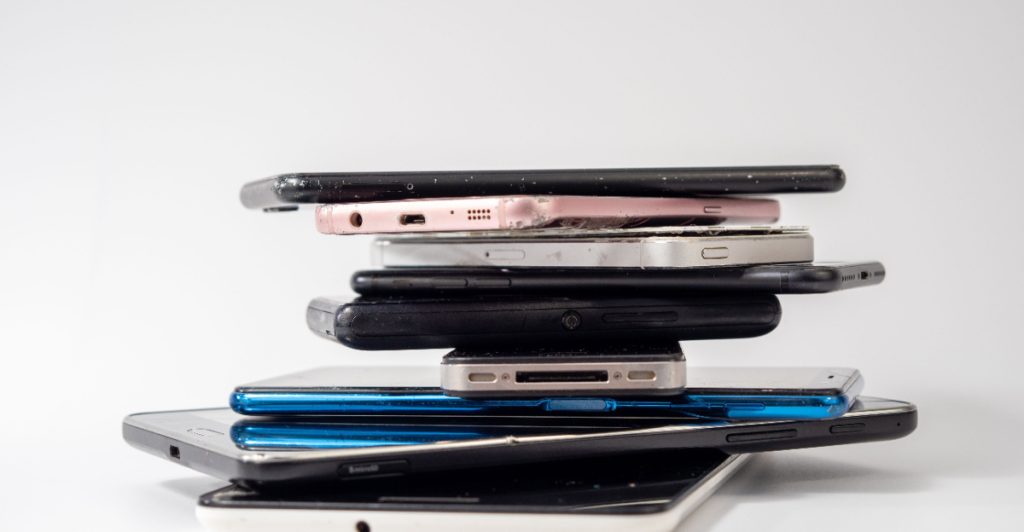That drawer full of old gadgets might hold more than just clutter—scientists say it could be a cleaner source of gold.
Others are reading now
That drawer full of old gadgets might hold more than just clutter—scientists say it could be a cleaner source of gold.
A Greener Way to Reclaim Gold

A new method developed at Flinders University in Australia could make extracting gold from electronic waste safer and less harmful to the environment. The breakthrough replaces toxic chemicals with compounds commonly found in pool disinfectants.
Safer Chemicals, Same Results
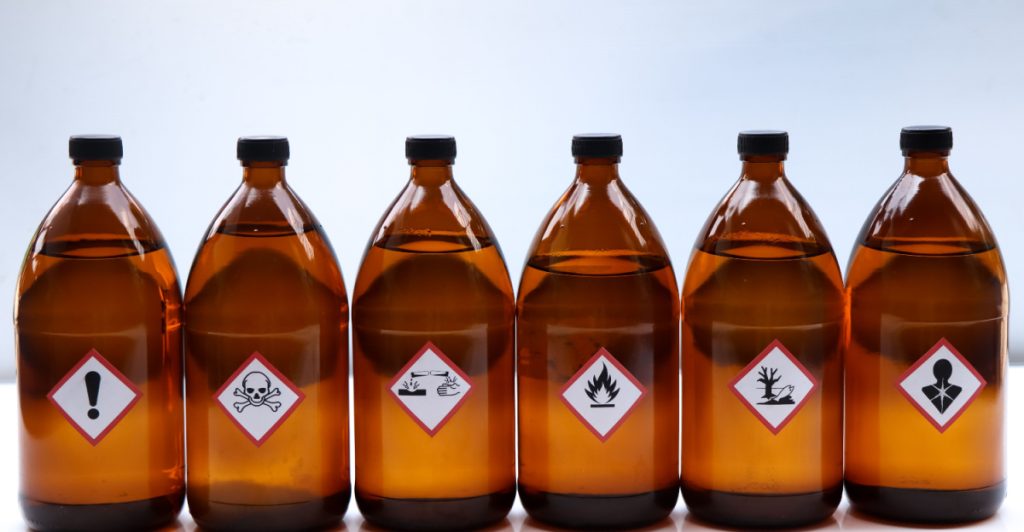
Traditional methods rely on mercury and cyanide—dangerous to both humans and ecosystems. The Flinders team used trichloroisocyanuric acid with salt water to dissolve gold, then trapped it using a custom sulfur-rich polymer that releases the gold cleanly.
How the Polymer Works
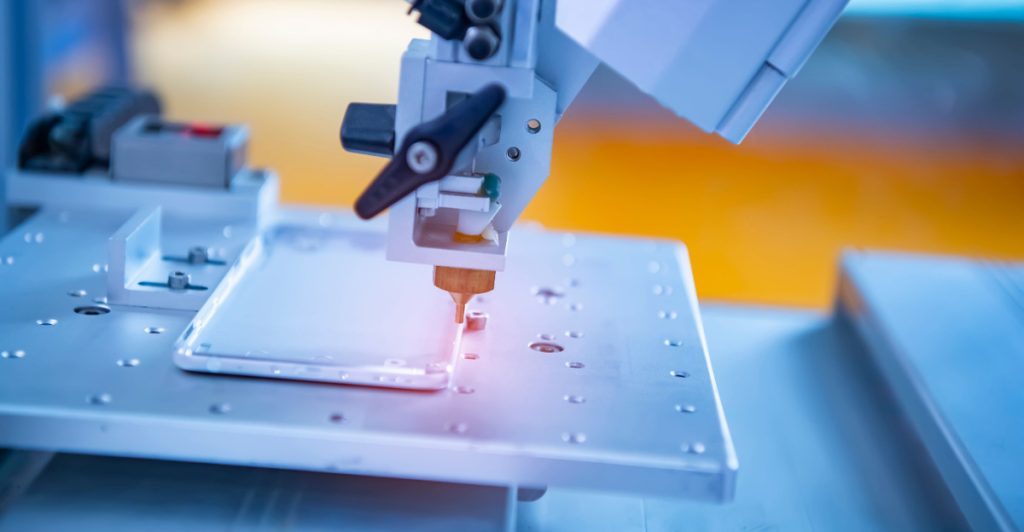
The sulfur-rich polymer designed by the researchers selectively captures gold molecules—even in the presence of other metals. Once the process is complete, it reverts to its original form, leaving pure, recyclable gold behind.
Also read
Why Gold Matters in Electronics
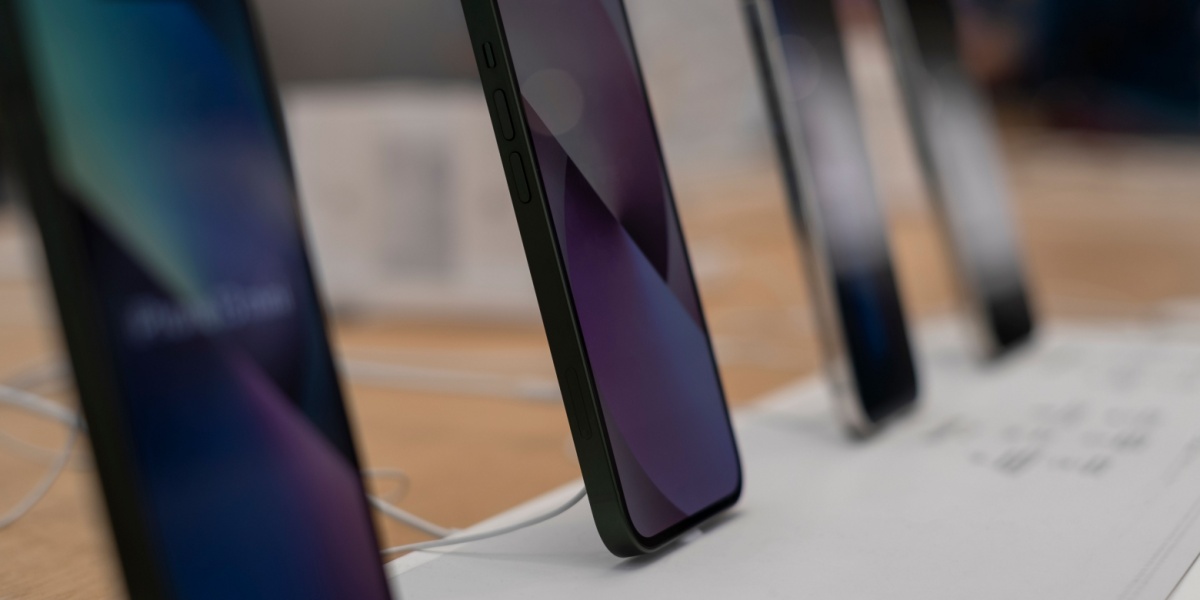
Gold’s resistance to corrosion and excellent conductivity make it vital in phones, computers, and other tech. Yet, most discarded electronics still end up in landfills, wasting these valuable metals.
The E-Waste Problem is Growing
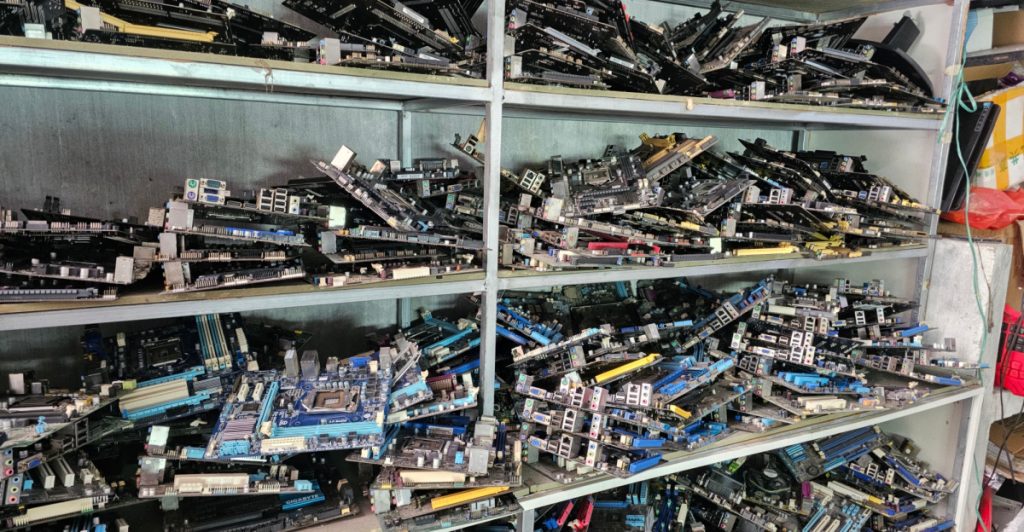
In 2022, the world generated around 62 million tons of electronic waste, according to the United Nations. That number is only expected to grow, increasing the urgency for sustainable recycling solutions.
A Scalable, Sustainable Solution
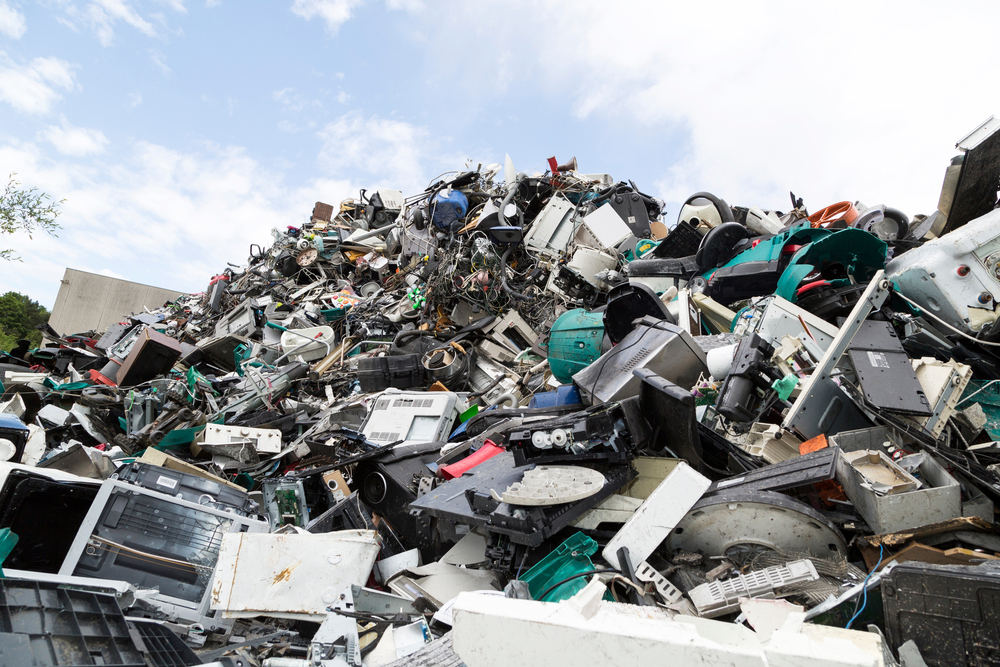
The researchers say their method works not only on e-waste but also on ore and scientific materials. They’re working with recycling and mining firms to explore industrial applications.
What You Can Do Right Now
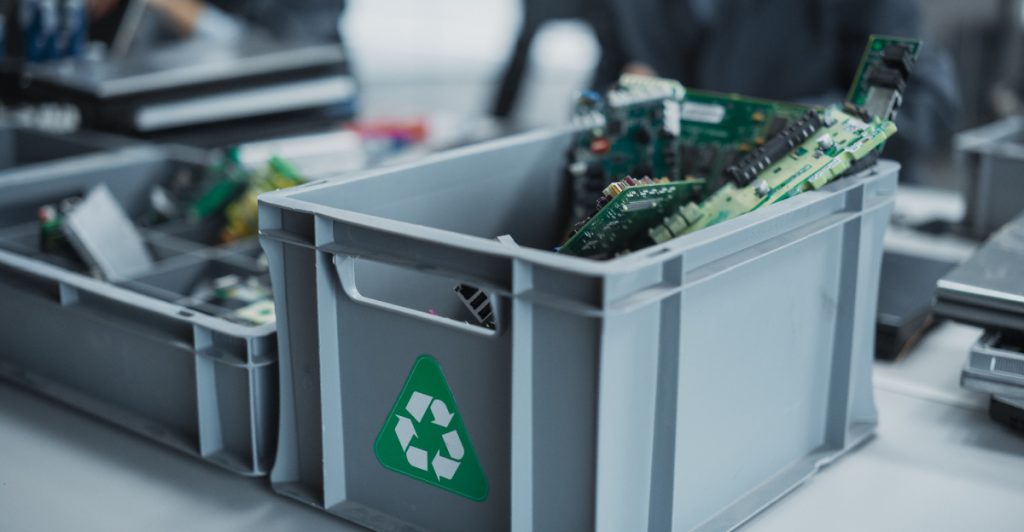
Until this method goes mainstream, consumers can still recycle old devices through certified e-waste centers. It won’t make you rich, but it helps recover precious resources and reduce environmental harm.

